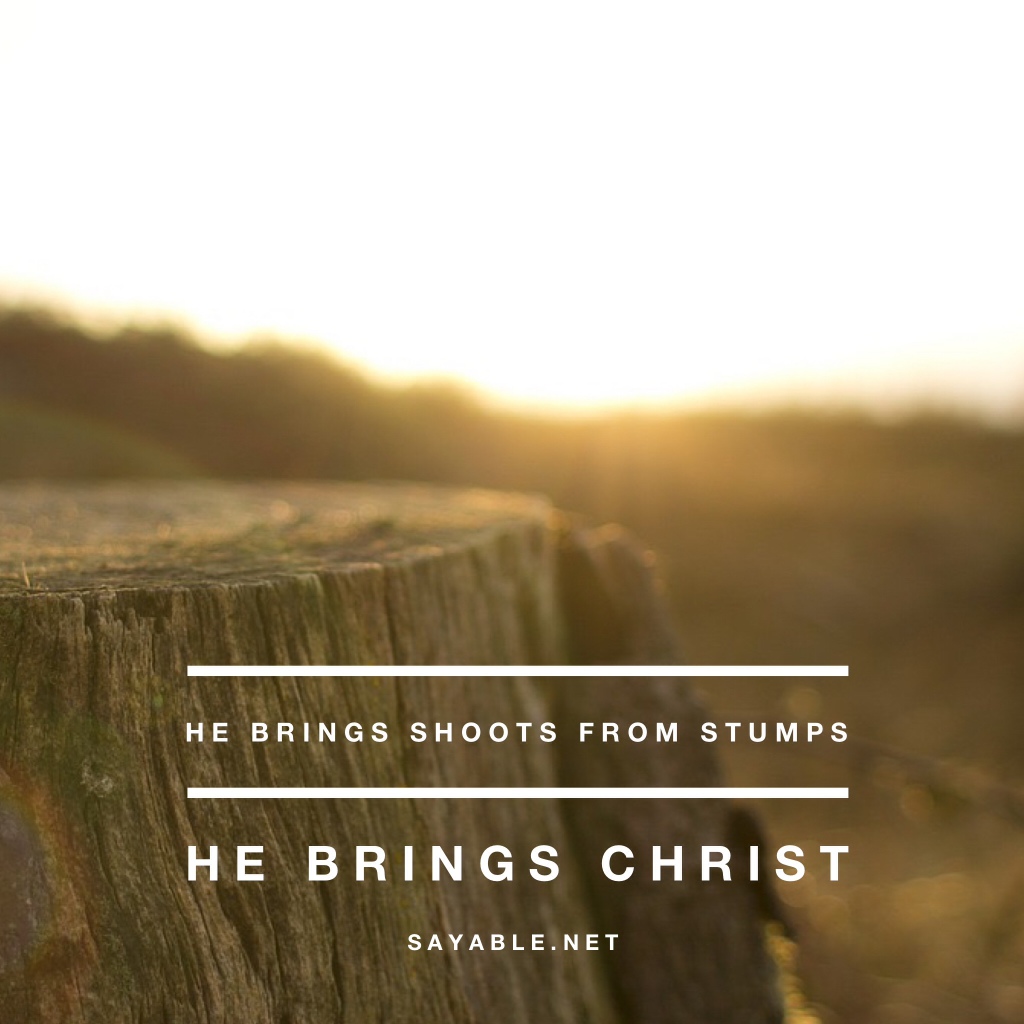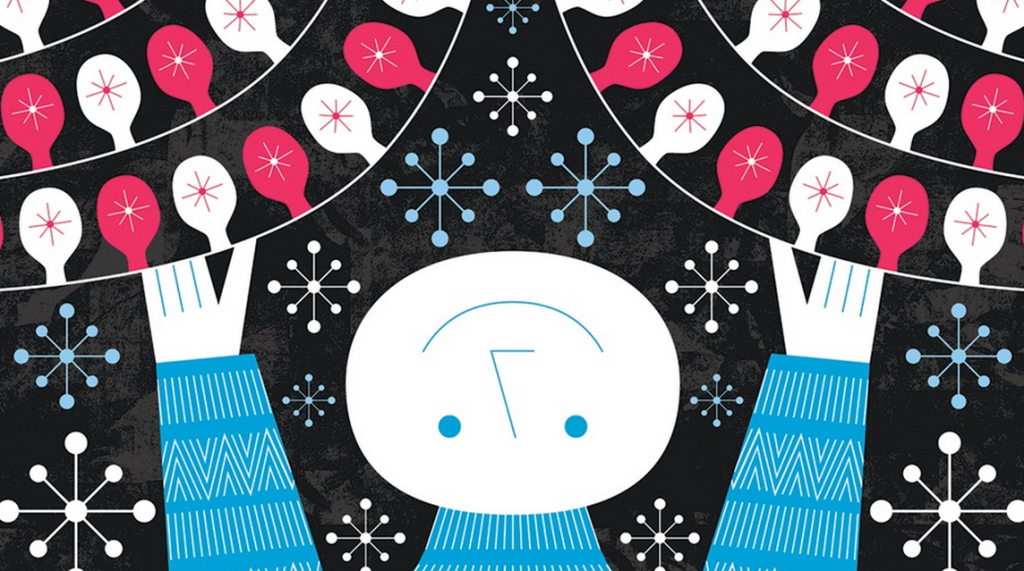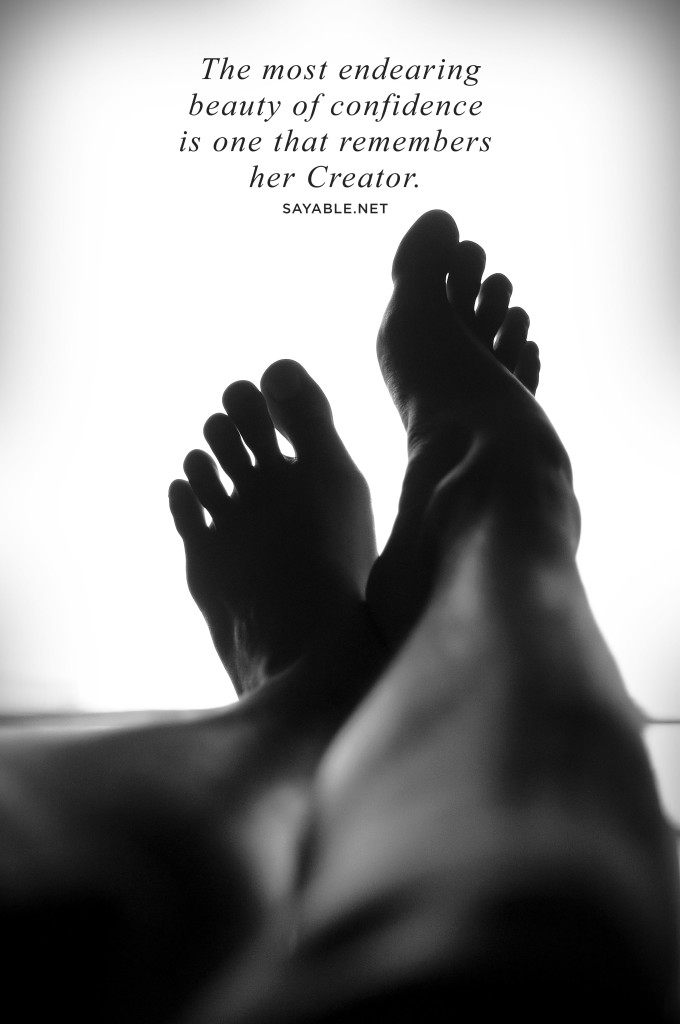Like the amputee who still feels pain in his phantom limb, I feel the trepidation of misdirection and mis-decision. I made so many poor decisions in the past year and a half that the choice-making part of my brain feels incapable of going straight in any direction.
On January 1st I will sit with my journal and Bible and ask myself the list of questions I ask every January 1st. I will take stock and inventory of 2014 and look toward 2015 with a hope-filled eye. (God, make it so.)
A friend sat across from me the other day and asked why I can't just get excited about this new season. Life is about to grow crammed with a new job and classes, plus the things already cramming it full and brimming it over. Yet I feel the phantom pains of the missing limbs: the marriage that didn't happen, the move that didn't happen, the date that didn't happen, the conversation that didn't happen. I have no regrets and I know the gangrene growing on those limbs would have eaten the whole of my body alive. But I feel the loss of them still.
To say those words, right out loud, feels shameful and sinful.
The things for which I am grateful are overwhelming, but they all came at great cost this year. This is perhaps the first time I can look systematically at good and see how it was brought about by death first.
. . .
This morning I read in Isaiah 11, "There shall come forth a shoot from the stump of Jesse." Tears fill my eyes and I can't keep reading because I see the stump legs and stump arms protruding from my person. All I see is cut off limbs, life interrupted, and it wasn't supposed to be like this.
From that stump, though, comes a shoot. And from that shoot comes fruit.
All week I have been meditating on what it means to be cut from and pruned. I have done the work of pruning before, cutting branches that do not bear fruit so they will bear more and better fruit. I know the difficult work of taking what is live and making it live better. But I cannot bring life from a stump, I cannot make a dead and severed thing live again. This is the work of the Spirit alone.
On that fruit the Spirit of the Lord will rest,
The fruit that is borne in me through Him will be wholly His, not mine.
the Spirit of wisdom and understanding,
He has ultimate wisdom for every path in my life, and full understanding of the details.
the Spirit of counsel and might,
He is the one with words of comfort and strength. His advice directs me, and his power carries me.
the Spirit of knowledge and the fear of the Lord.
He knows all and is King over all.
He shall not judge by what his eyes see
He will not fret on January 1st at the year to come.
or decide disputes by what his ears hear.
He does not hold the past year against me. He keeps no record of my wrongs.
. . .
I once had a dream in which I arrived at Heaven with no arms and legs. When Christ asked me, "Child, what made you like this?" I answered, "You said, 'If our hand offends you, cut it off.' Every time I looked at my arms and legs, all I could think of was the harm they've done to myself and others, so I either cut them off or served with them until they fell off." I do not know what Christ looks like, but I will never forget the care I saw in his eyes in that dream. It was perhaps the first time I felt the love of a Father. He touched the stumps of my arms and legs and gave to me new ones, but they were not mine and this was clear to me. They were wholly un-of me and wholly of Him.
This is the shoot that comes forth from death. Christ.
God, make it so.













